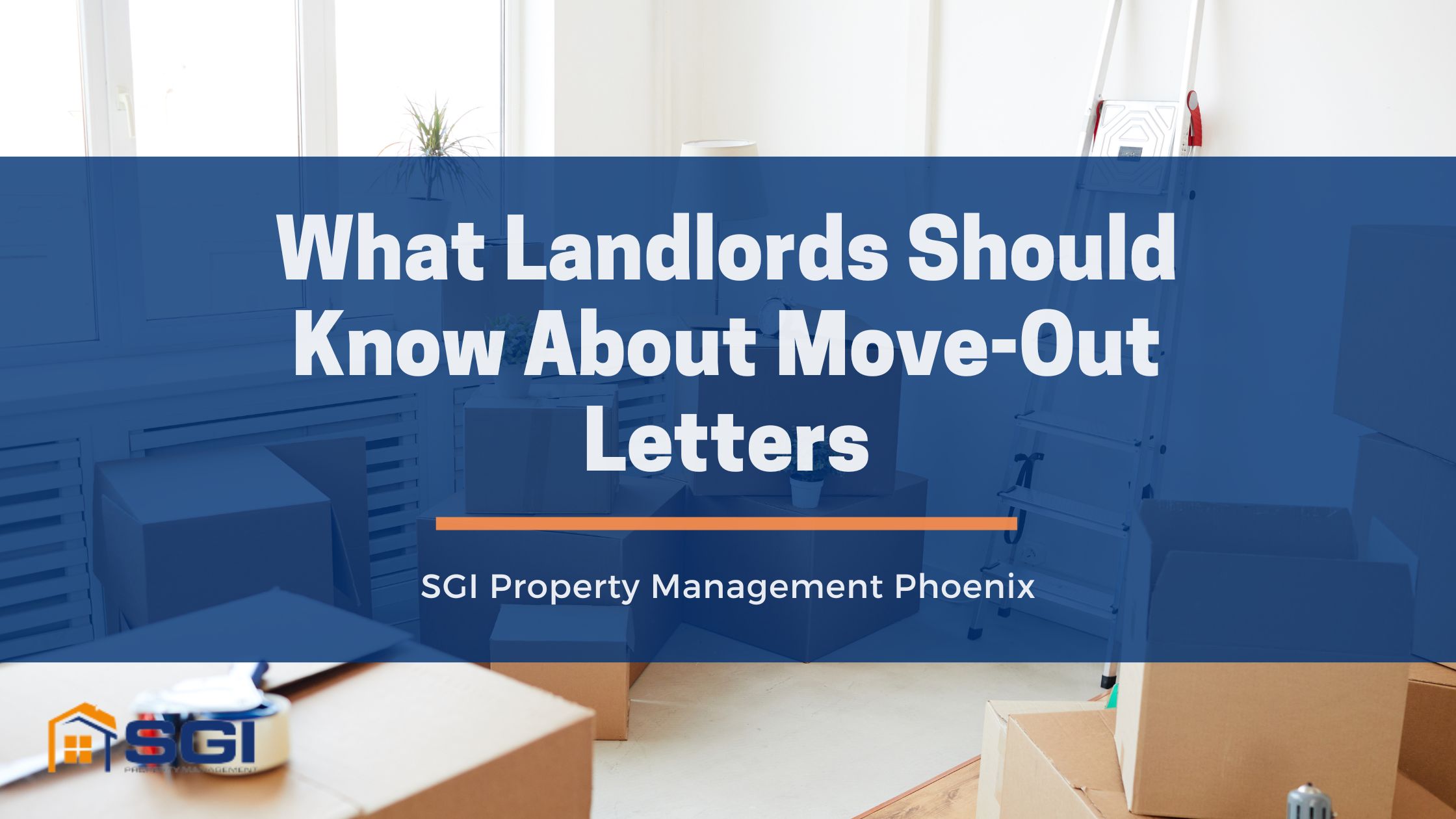
Being a landlord isn't all about the sweet income. It can be difficult sometimes, especially when it comes to removing a tenant from your premises. As part of the process, you’ll be required to write a move-out letter asking your tenant to vacate the premises.
While you might be tempted to forego the process, this is an essential task that will safeguard your interest and assist the renter to leave your premises in the best condition possible. This article gives you the information you need to compose a good move-out letter.
The Intent of a Move-Out Letter
As the lease agreement comes to an end, either the renter or the landlord can choose to end the tenancy. If this is the case, you may be required by law to provide notice. This applies even where the lease agreement is explicit on the termination date.
The move-out letter clearly dictates the expectations of the landlord as the renter vacates, reducing the possibility of disputes. This is also the best time for you to clearly describe your inspection expectations and what would be expected of the tenant.
From our experience in the local property market, tenant turnover can be quite the costly affair. However, with a move-out letter in place, some of the burdens can be offset.

Should the details of the move-out letter be followed, the tenant will leave the premises in a good condition, meaning less time and money spent on renovations. The property will be back on the market and you’ll be able to secure a new tenant in no time.
Advantages of a Move-Out Letter
Despite how it may seem, a move-out letter has benefits for both the tenant and the landlord. Some of them are detailed below:
Good faith: Seeing that you’ve lived peacefully with the tenant, it can be assumed that you have a good relationship with the renter. The move-out letter only seeks to ensure that this is the case even as the lease agreement comes to an end. The letter can serve as a ‘thank-you’ note.
Simplifies landlord expectations: There’s bound to be miscommunication as the tenant moves out of the property. Having the landlord’s expectations in one document can help the tenant circumvent this issue.
Gives tenants time to act: A move-out letter should be sent with proper notice. We recommend at least 6 to 8 weeks in advance or depending on the set provisions of the law. This allows the tenant ample time to inspect the property and do all the necessary repairs expected of them.
What Should Be Included in the Move-Out Letter?
Each property is unique and has different requirements, however, there are some certain points that should be included in every letter. Consider consulting with an experienced local company or legal counsel to give you more insight on the subject.

Here is some information that you should consider including:
The date of the letter’s delivery (should it be by mail or in person)
Your contact information
Expected move-out date and the reason for the termination
Details for the final inspection: What areas is the tenant expected to repair/ clean? Will the landlord do an inspection with the tenant before the deadline day?
Instructions for leaving the keys.
Security deposit process: State laws are very clear on how the security deposit should be managed and used for the settling of property repairs. When sending the security deposit, we recommend that you use an electronic payment method that you easily keep track of and reference at a later date.
When Should the Move-Out Letter Be Sent?
The deadline set for sending the move-out letter depends on both local regulations and state laws. Before composing and sending out the letter, be sure to read up on the applicable laws to ensure that you’re on the right side of the law.
You can hire an experienced property professional in your area to confirm the details regarding the notices.
What’s the Difference Between a Move-Out Letter and an Eviction Notice?
A landlord may be forced to remove a tenant from the premises for breaking the terms of the lease agreement. If an eviction is necessary, a move-out letter is not sufficient.
An eviction notice is the precursor to eviction proceedings. It serves the purpose of informing the tenant of the foreseeable future.

No landlord wants to hear the word ‘eviction’ associated with their property, but sometimes it’s unavoidable. Should you need to evict a tenant from the premises, ensure that you’ve followed the due process that includes the notices, filing of relevant paperwork, and liaising with local law enforcement.
In some cases, the tenant may choose to challenge the process and take the issue to court. Make sure that you’re covered by following the legal provisions correctly.
Checklist for the Move-Out Letter
We’ve mentioned the landlord’s expectations for the tenant. The landlord should communicate their expectations in a checklist. Some of the items on the checklist include:
Wall paint should be the original color. This applies where the tenants couldn’t paint or alter the wall colors and unit.
Disposing of all garbage and waste.
Cleaning all bathrooms and surfaces.
Cleaning all appliances and devices.
Vacuuming or sweeping floors.
What’s included in the checklist depends on the type of property as well as the appliances on the property. Before composing the checklist, it might be wise to first have a walkthrough of the property. Landlords should be reminded of the difference between normal wear and tear versus property abuse and tenant damage.
Conclusion
You can now appreciate the amount of time and energy you need to manage your rental unit. Many DIY property managers lack the experience and expertise needed to properly manage a property.
Should you need comprehensive solutions, hire the experienced team at SGI Property Management Phoenix! We’re a full-service property management firm offering quality property solutions to our clients based in Phoenix and beyond. Contact us today to get started!









